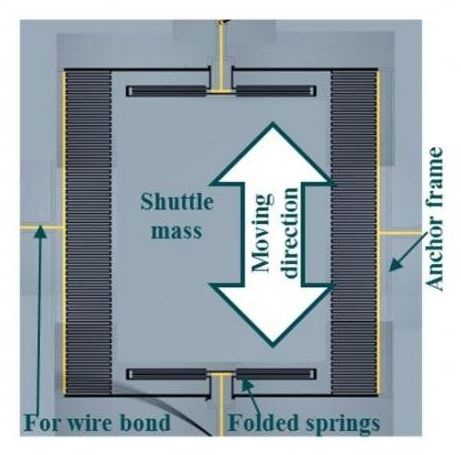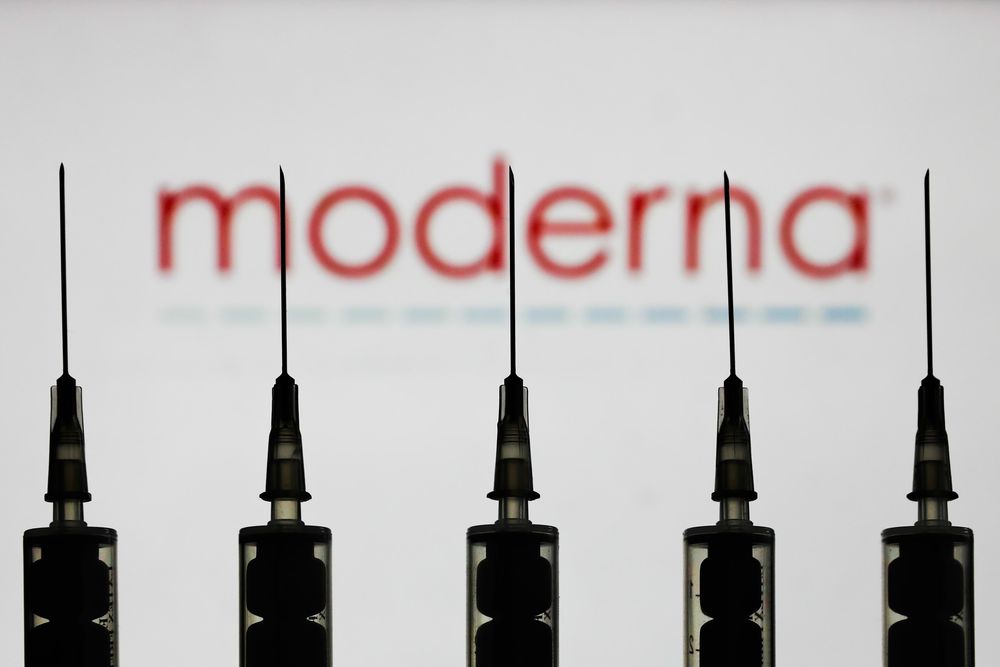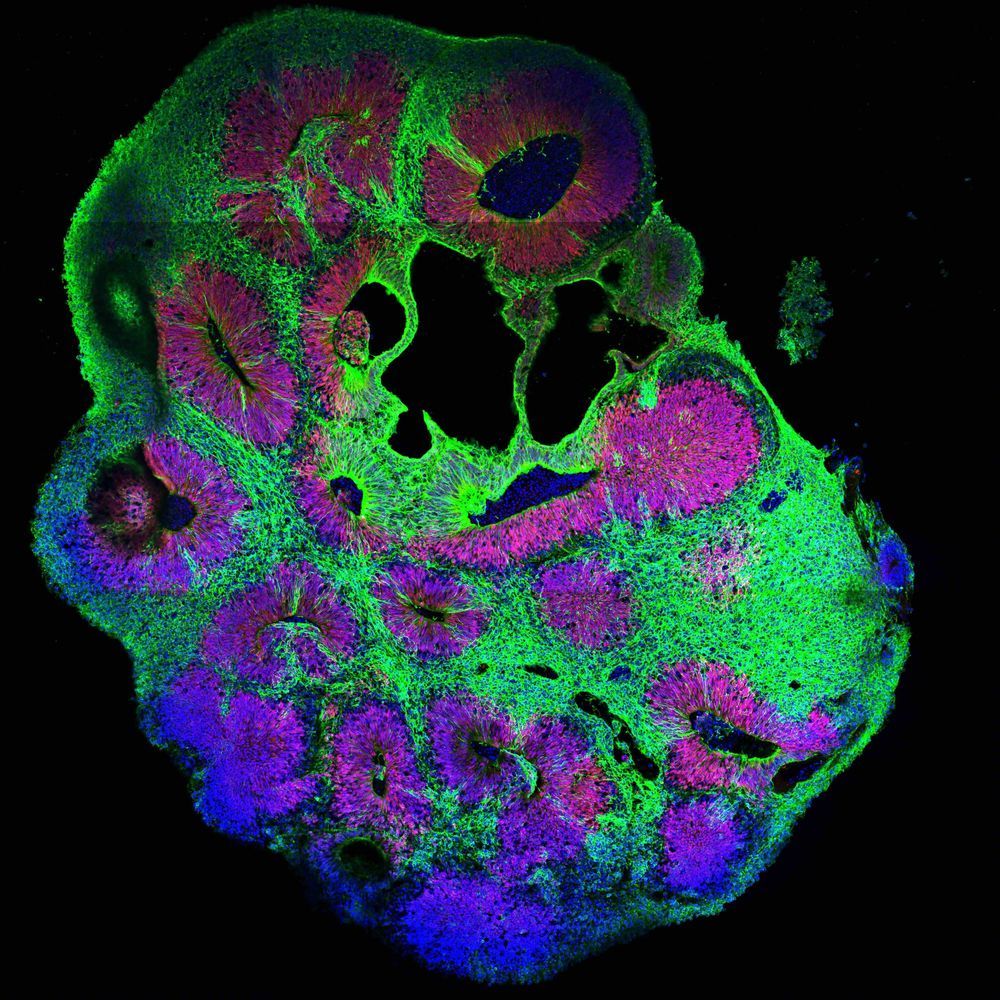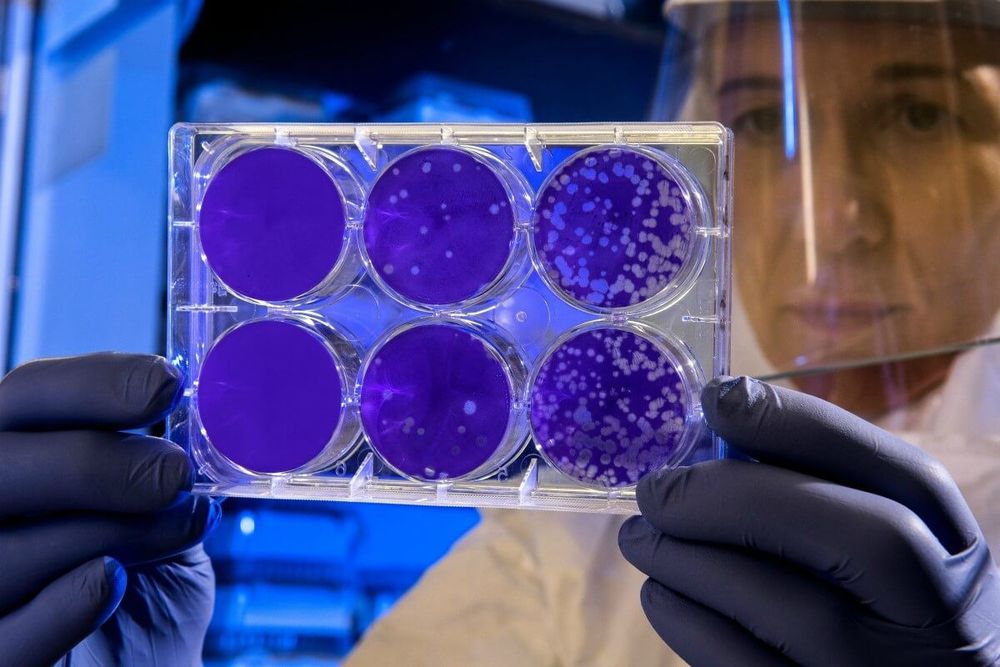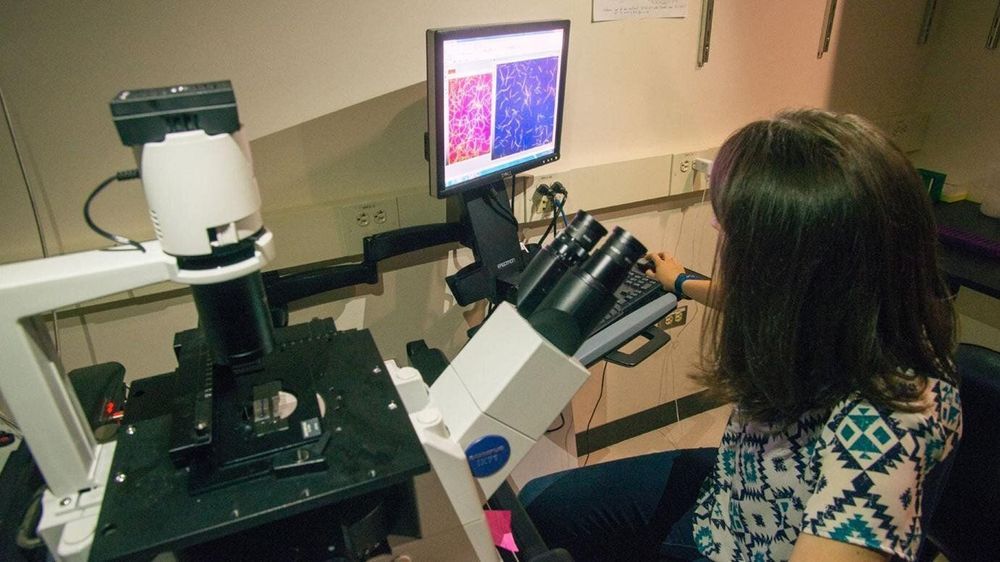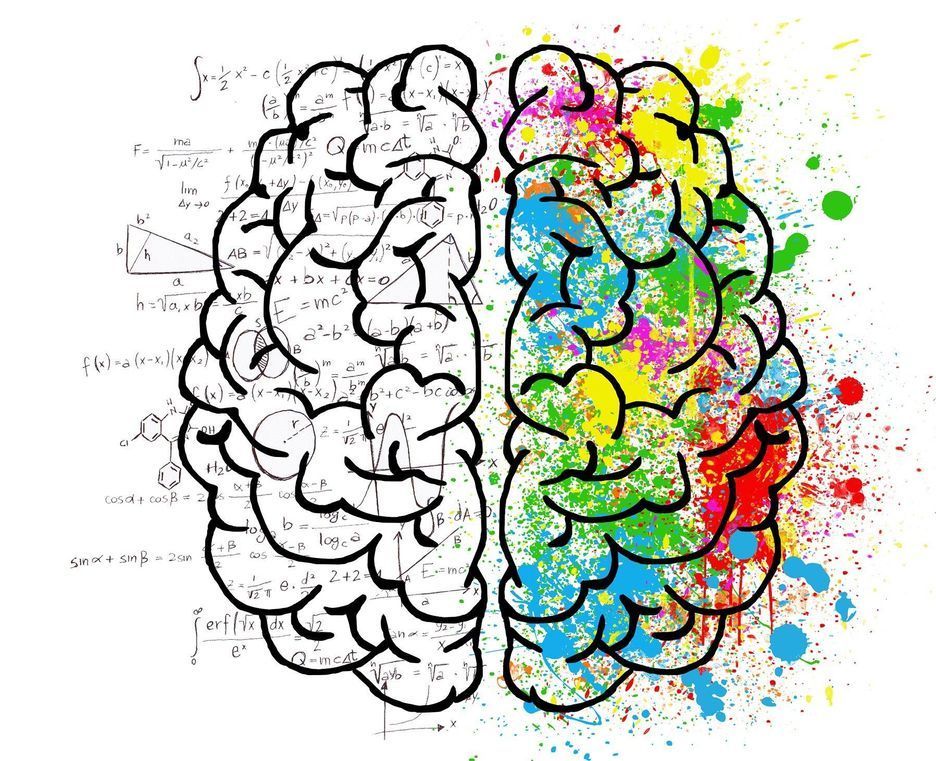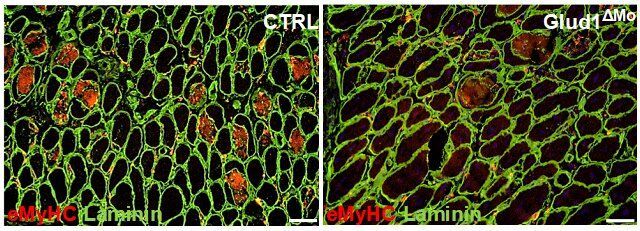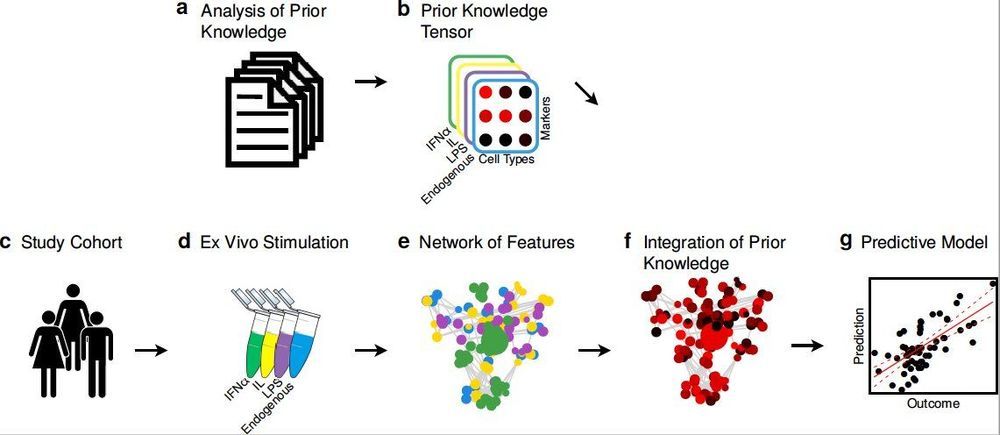A small energy harvesting device that can transform subtle mechanical vibrations into electrical energy could be used to power wireless sensors and actuators for use in anything from temperature and occupancy monitoring in smart environments, to biosensing within the human body.
In research recently published online in the Journal of Micromechanics and Microengineering, engineers at Rensselaer Polytechnic Institute developed a predictive model for such a device, which will allow researchers to better understand and optimize its functionalities.
“Sooner or later these harvesters will replace batteries, reducing associated environmentally hazardous waste and maintenance costs,” said Diana-Andra Borca-Tasciuc, a professor of mechanical, aerospace, and nuclear engineering at Rensselaer, who led this research effort.
